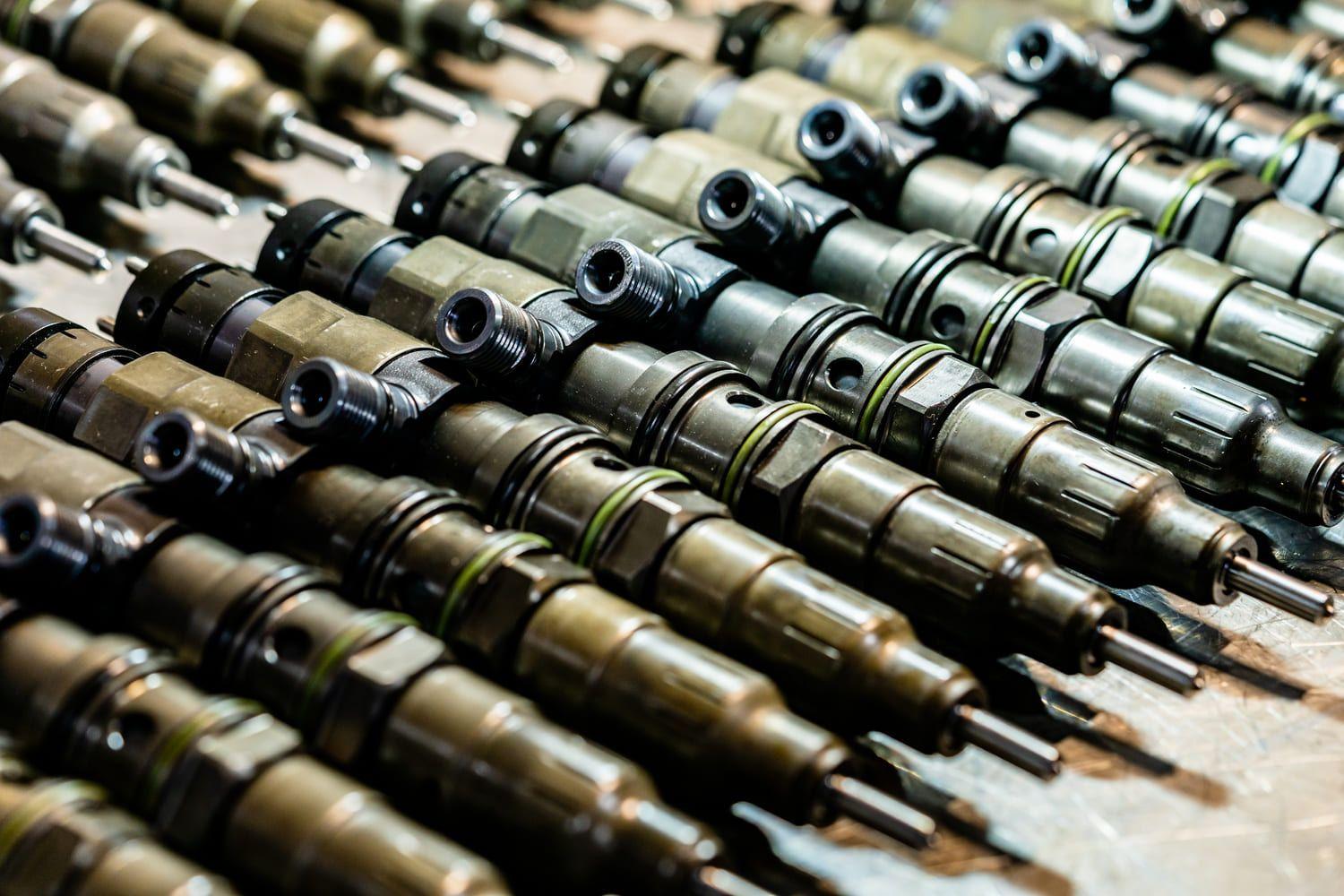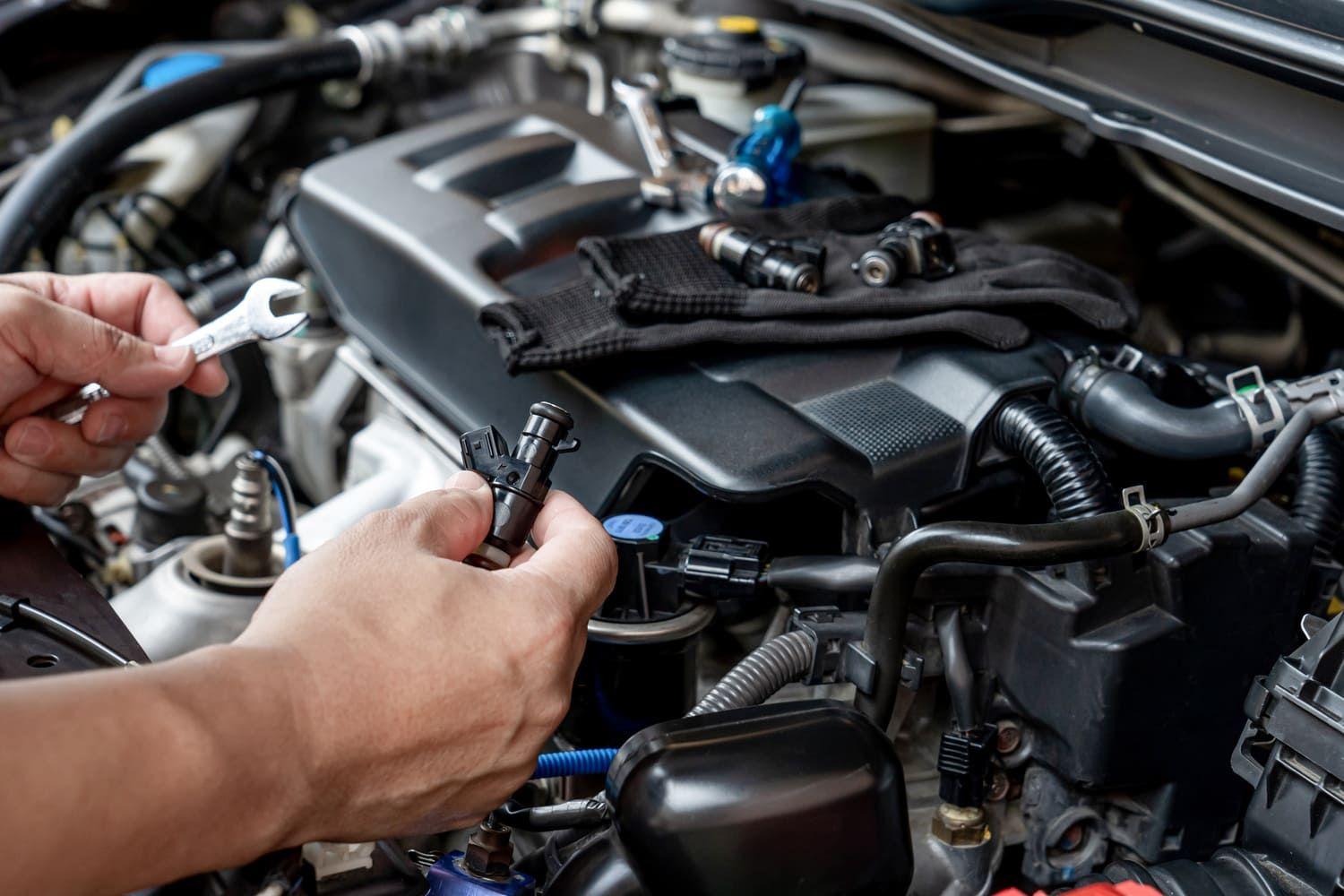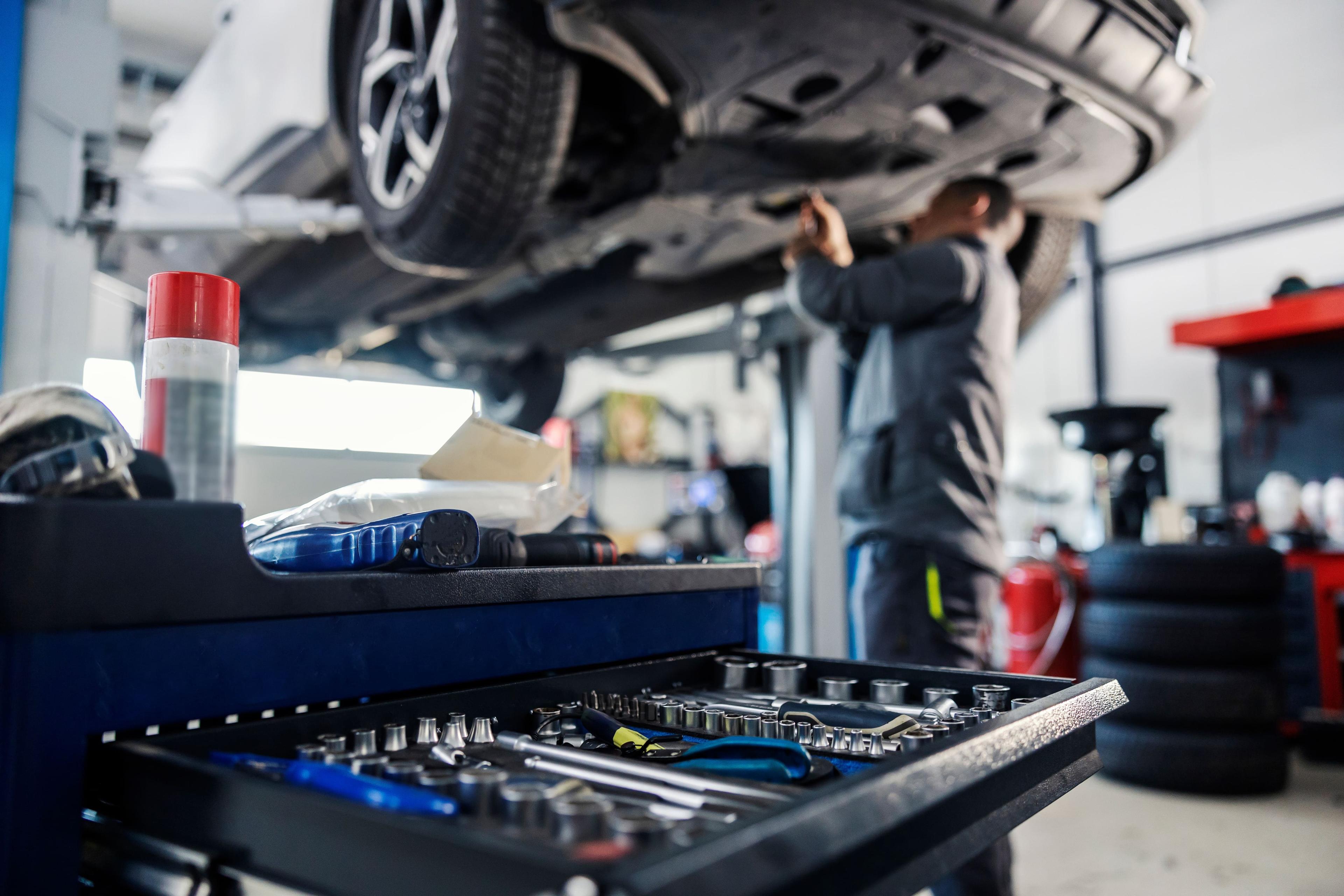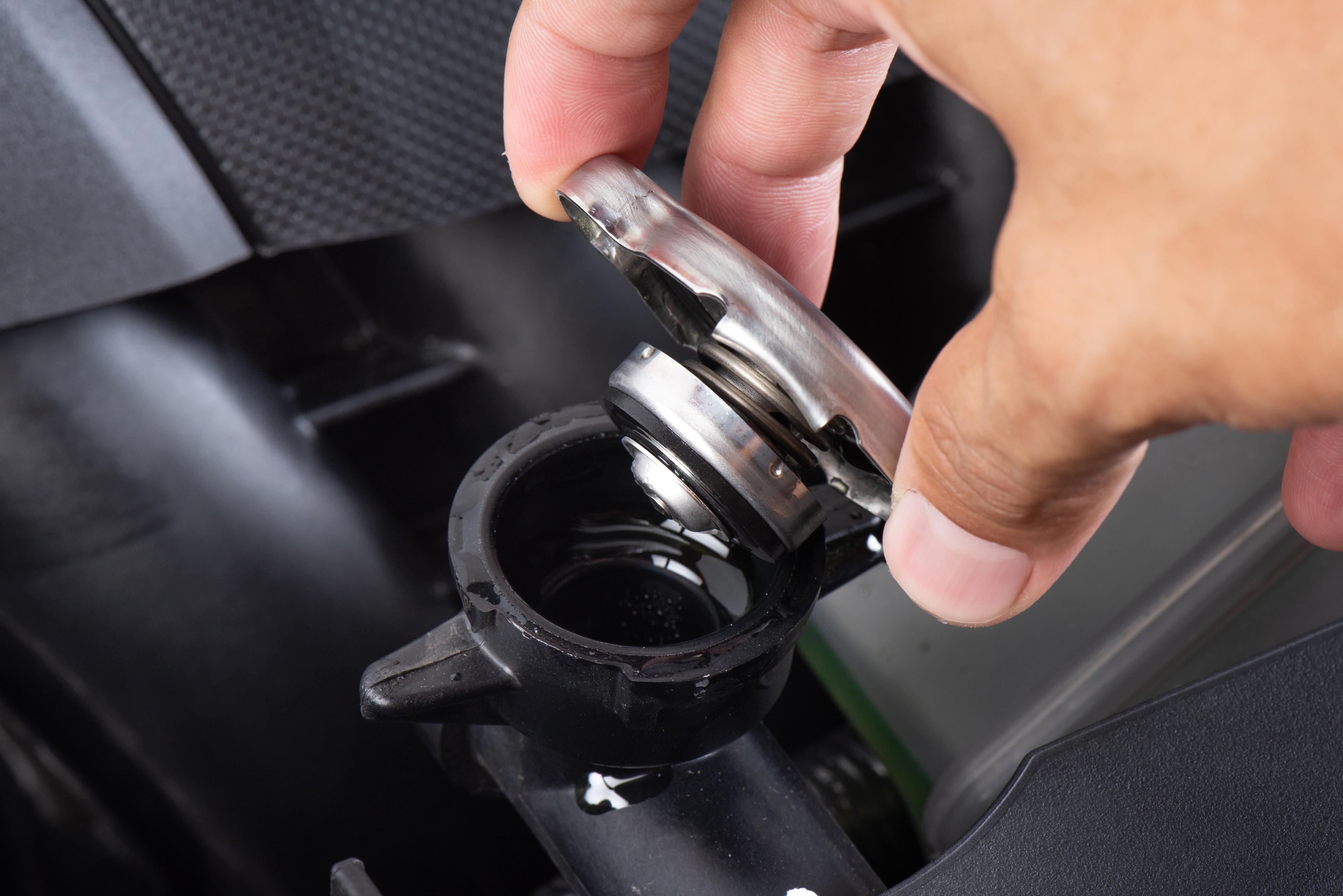
How much does a fuel injector replacement cost?
Fuel injection was often seen on high-performance and luxury cars from as early as 1940, but since the late 90s, every run-of-the-mill car uses it.
Like any other car part, a fuel injector will need a replacement after a few years of use or if it starts to malfunction.
Keep reading to learn more about fuel injector replacement costs and signs to look out for if yours is failing.
Average fuel injector replacement cost
The average cost of replacing a fuel injector in the UK is from £120 to £160.
The actual cost depends on your car's number of fuel injectors, its type, and your location. The table below provides price guides for replacement injectors by manufacturer.
Car Manufacturer | Approximate Fuel Injector Cost |
|---|---|
Audi | £130 - £170 |
BMW | £130 - £190 |
Citroen | £90 - £130 |
Ford | £120 - £160 |
Honda | £120 - £150 |
Hyundai | £100 - £130 |
Land Rover | £150 - £190 |
Mercedes | £140 - £160 |
Nissan | £115 - £130 |
Peugeot | £95 - £140 |
Renault | £100 - £160 |
Toyota | £130 - £160 |
Vauxhall | £120 - £160 |
Volkswagen | £130 - £170 |
What is a fuel injector?
Fuel injectors are devices that deliver precise amounts of petrol or diesel directly into the combustion chamber using electricity.
These are located on top of the engine and often hidden by covers, they function similarly to spark plugs. Replacing carburettors, fuel injectors improve fuel economy and power by using a magnetic coil to control the timing and flow of fuel through a small orifice.
Overall, fuel injectors pump fuel into the engine and reduce your car’s emissions. You don’t want this to fail!

What is an injector seal?
The injector seal and O-ring are crucial to the proper functioning of fuel injectors, they form a tight seal around the injectors making sure no fuel vapour leaks out, and no air is able to get in.
Injector seal replacement cost
Injector seal replacement costs around £50.
Replacing an injector seal is inexpensive, but you'll need a mechanic to handle the labour, which can increase the cost due to their expertise and time.
What causes fuel injectors to fail?
Fuel injectors are vital components that can occasionally face issues due to contaminants or ageing seals.
Over time, impurities in fuel may clog the injectors, causing performance problems. Additionally, rubber seals can dry out and leak.
Regular maintenance helps keep these components in top shape, ensuring smooth engine performance.
If the thought of forking out for a car repair is worrying you, then why not consider Bumper. Bumper lets you split the cost with a car repair loan that you can repay monthly with 0% interest.
Spread the cost, interest-free
Take the backfire out of fixing or replacing your exhaust. Pay later with Bumper.
How long do fuel injectors last?
Fuel injectors should last between 60,000 and 100,000 miles.
This may be less if the car has been left unused for large periods of time because the seals in the injectors will age faster if not used.
There are some factors that affect the lifespan of a fuel injector, such as fuel quality, fuel filter replacement routines and the type of vehicle.
Does supermarket fuel cause injector issues?
It's often claimed that supermarket fuels are inferior to branded ones like Shell or BP, potentially causing poor engine performance and lower MPG.
However, there is no evidence supporting that supermarket fuels are worse than branded options. Therefore, it's unlikely that they cause increased wear or defects in fuel injection systems.
Signs your fuel injectors need to be replaced
Failing injectors can cause prominent symptoms, but it’s critical to note that these issues may also result from other faults. Here are signs your fuel injector needs to be replaced:
1. Rough idling
If your engine feels rough or stalls at idle, partially blocked fuel injectors might be the cause.
2. Stalling on acceleration
If your engine stalls during acceleration, it may be due to inadequate fueling from a faulty pump, blocked fuel filter, or damaged injectors.
3. Poor MPG and power
Blocked or underperforming injectors reduce engine power and efficiency. Poor injectors can also cause over-fueling if they don't close properly.
Different fuel injector system services
There’s more than one type of fuel injector service, and which you book depends on the issue with your car.
A skilled mechanic can guide you to the right service. However, we’ve listed the main ones to help you workout which fits your car’s needs:
Fuel injector replacement
Fuel injector repairs
Fuel injector testing
Fuel injector general service
Can injectors be cleaned without removing them?
Yes. There are a few different products available that can help to clean your injectors without the need to remove them.
Modern engines are complex with multiple covers, making injector removal costly. However, products like Redex, which dissolve carbon deposits when added to your fuel tank, can help clean injectors without removal.
These products may address minor issues, but consulting a mechanic is advisable.

Can E10 fuel cause injector issues?
As we discussed in our E10 fuel article, since September 2021 the standard for petrol sold in the UK has changed, whereas previously it contained 5% ethanol, it now contains 10% ethanol.
For older cars, higher ethanol levels in fuel can potentially degrade rubber and metal components in the fuel system, including injectors.
While there's no concrete evidence that E10 petrol directly affects injectors, it's wise to use the government checker and follow its advice to avoid potential issues with your fuel system.
Do you have to replace or repair your fuel injector?
Yes, fuel injector repairs are very necessary.
A faulty injector can harm your engine and needs prompt replacement to maintain proper fuel delivery and performance. Neglecting this can pose safety risks for you and other drivers.
Final thoughts on fuel injector replacement costs
Understanding the costs associated with fuel injector replacement is crucial for managing your vehicle’s maintenance budget and for keeping your car running smoothly.
Injector seal replacements are quite affordable, though professional labour can affect the total cost. The good news is that with regular maintenance and early issue detection, you can keep expenses down and ensure your engine runs like a dream!
Split the cost of repairs at no extra cost
Bumper is a car repair finance solution that lets you split the cost of car repairs into interest-free monthly repayments. Enter your registration and postcode to find a service partner. You can apply for a credit limit of up to £5,000.
Spread the cost, interest-free
Take the backfire out of fixing or replacing your exhaust. Pay later with Bumper.

Split your car repair cost over monthly repayments interest-free.

Split the cost of your next repair
Other related articles from our blog

Advice
5 min read
How much does a Volkswagen Tiguan Repair cost?
Volkswagen Tiguan repair costs can be anywhere from under £300 to over £800 depending on the car’s age and issue. See VW Tiguan repair costs online now.

Advice
5 min read
How much does it cost to repair a coolant leak on a VW Golf?
VW Golf coolant leak repair costs sit anywhere from £60 to £450, depending on the cause and severity of the issue. Find out what to expect from your repair now.

Advice
3 min read
How much does a Fiat cost to repair in the UK?
Fiat repair costs typically range from £70 to £1,200, depending on the repair type. Find out typical Fiat repair costs for common repair jobs.